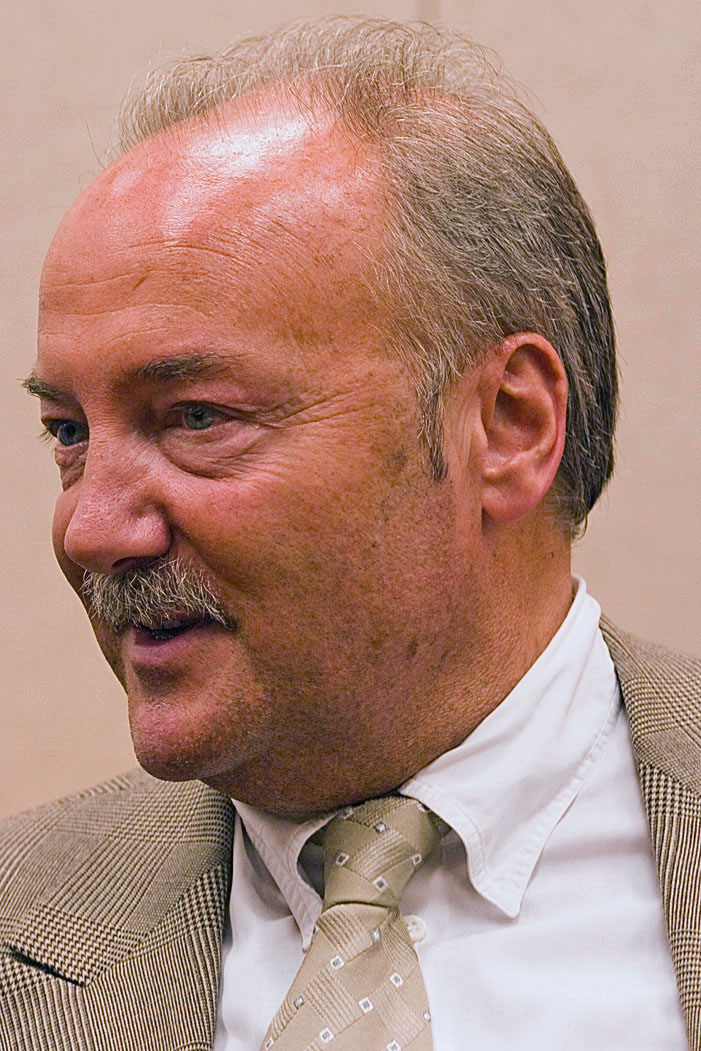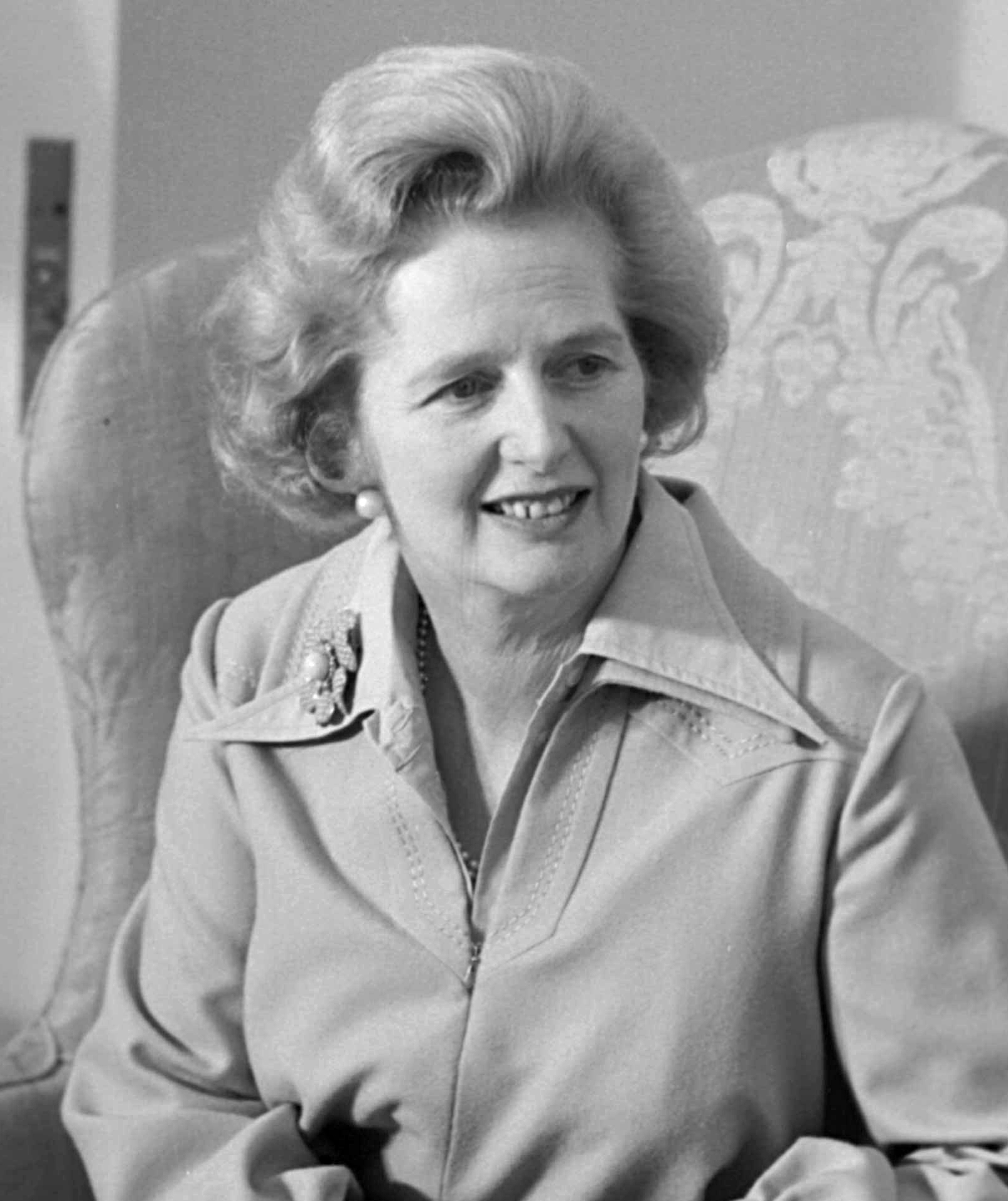|
Communist Party Of Great Britain (Provisional Central Committee)
The Communist Party of Great Britain is a political group which publishes the ''Weekly Worker'' newspaper. The CPGB (PCC) claims to have "an internationalist duty to uphold the principle, 'One state, one party'. To the extent that the European Union becomes a state then that necessitates EU-wide trade unions and a Communist Party of the EU". In addition, it is in favour of the unification of the entire working class under a new Communist International. It is not to be confused with the former Communist Party of Great Britain, the Communist Party of Great Britain (Marxist–Leninist), or the current Communist Party of Britain. Formation The origins of the CPGB (PCC) lie in the New Communist Party of Britain (NCP) which split from the Communist Party of Great Britain (CPGB) in 1977. Under the influence of a faction of the Communist Party of Turkey, a handful led by NCP youth section leader John Chamberlain (who uses the pseudonym Jack Conrad) attempted to rejoin the then CPGB. ... [...More Info...] [...Related Items...] OR: [Wikipedia] [Google] [Baidu] |
Central Committee
Central committee is the common designation of a standing administrative body of Communist party, communist parties, analogous to a board of directors, of both ruling and nonruling parties of former and existing socialist states. In such party organizations, the committee would typically be made up of delegates elected at a party congress. In Communist state, those states where it constituted the state power, the central committee made decisions for the party between congresses and usually was (at least nominally) responsible for electing the politburo. In non-ruling communist parties, the central committee is usually understood by the party membership to be the ultimate decision-making authority between congresses once the process of democratic centralism has led to an agreed-upon position. Non-communist organizations are also governed by central committees, such as the right-wing Likud party in Israel, the North American Mennonite Central Committee, Mennonite Church and Alcoholic ... [...More Info...] [...Related Items...] OR: [Wikipedia] [Google] [Baidu] |
The Leninist
The ''Weekly Worker'' is a newspaper published by the Communist Party of Great Britain (Provisional Central Committee) (CPGB-PCC). The paper is known on the left for its polemical articles, and for its close attention to Marxist theory and the politics of other Marxist groups. It claims a weekly online readership averaging over 20,000, Weekly Worker simultaneously also distributes 500 physical copies a week. Outlook The CPGB-PCC's declared intention is to emulate ''Iskra'' in providing Marxist analysis of politics and organisation to an initial vanguard of the working class. The ''Weekly Worker'' is integral to the CPGB-PCC's identity, given that the party, probably dialectically, does not consider itself to be a Marxist party. It aims instead to have the paper provide a focus for Communist organisation and theory that will be absorbed by a Marxist party that will arrive in a time of greater working-class activism. The paper has a policy of printing a variety of viewpoints. F ... [...More Info...] [...Related Items...] OR: [Wikipedia] [Google] [Baidu] |
Socialist Alliance Democracy Platform
The Socialist Alliance was a left-wing electoral alliance in England between 1999 and 2005. Origins The Socialist Alliance grew out of local alliances formed by the Socialist Party, Independent Labour Network and independent socialists from 1992 onward. They gradually coalesced into a national Network of Socialist Alliances. The Welsh Socialist Alliance was closely allied, but had separate origins. The Socialist Alliance was named and expanded in 1999 when other Trotskyist groups including the Alliance for Workers' Liberty, Socialist Workers Party, International Socialist Group and Workers Power joined, as did the formerly separate London Socialist Alliance. In the 2002 local elections, the alliance gained one councillor in Preston, Lancashire. The Socialist Alliance had fraternal relations with the Scottish Socialist Party. Contraction and dissolution In late 2001, the Network of Socialist Alliances was transformed into a one-member-one-vote political party called the Socia ... [...More Info...] [...Related Items...] OR: [Wikipedia] [Google] [Baidu] |
RESPECT The Unity Coalition
The Respect Party was a left-wing to far-left, socialist political party active in the United Kingdom between 2004 and 2016. At the height of its success in 2007, the party had one Member of Parliament (MP) in the House of Commons and nineteen councillors in local government. The Respect Party was established in London by Salma Yaqoob and George Monbiot in 2004. Arising in the aftermath of the 2003 invasion of Iraq, it grew out of the Stop the War Coalition and from the start revolved largely around opposition to the United Kingdom's role in the Iraq War. Uniting a range of leftist and anti-war groups, it was unofficially allied to the Muslim Association of Britain (MAB) and the Socialist Workers Party (SWP), a far-left, Marxist group. In 2005, Respect's candidate George Galloway was elected MP for Bethnal Green and Bow and the party came second in three other constituencies. Respect made further gains in the 2006 and 2007 local elections, at which point its support peaked. ... [...More Info...] [...Related Items...] OR: [Wikipedia] [Google] [Baidu] |
Alliance For Workers' Liberty
The Alliance for Workers' Liberty (AWL), also known as Workers' Liberty, is a Trotskyist group in Britain and Australia, which has been identified with the theorist Sean Matgamna throughout its history. It publishes the newspaper ''Solidarity''. History Workers' Fight The AWL traces its origins to the document ''What we are and what we must become'', written by the tendency's founder Sean Matgamna in 1966, in which he argued that the Revolutionary Socialist League – by then effectively the Militant tendency – was too inward-looking, and needed to become more activist in its orientation. The RSL refused to circulate the document; hence, with a handful of supporters, he left to form the Workers' Fight group. Espousing left unity, they accepted an offer in 1968 to form a faction within the International Socialists (IS) as the Trotskyist Tendency. Trotskyist Tendency The Trotskyist Tendency clashed with the leadership of the International Socialists over many issues; for examp ... [...More Info...] [...Related Items...] OR: [Wikipedia] [Google] [Baidu] |
Socialist Alliance (England)
The Socialist Alliance was a left-wing electoral alliance in England between 1999 and 2005. Origins The Socialist Alliance grew out of local alliances formed by the Socialist Party, Independent Labour Network and independent socialists from 1992 onward. They gradually coalesced into a national Network of Socialist Alliances. The Welsh Socialist Alliance was closely allied, but had separate origins. The Socialist Alliance was named and expanded in 1999 when other Trotskyist groups including the Alliance for Workers' Liberty, Socialist Workers Party, International Socialist Group and Workers Power joined, as did the formerly separate London Socialist Alliance. In the 2002 local elections, the alliance gained one councillor in Preston, Lancashire. The Socialist Alliance had fraternal relations with the Scottish Socialist Party. Contraction and dissolution In late 2001, the Network of Socialist Alliances was transformed into a one-member-one-vote political party called the Socia ... [...More Info...] [...Related Items...] OR: [Wikipedia] [Google] [Baidu] |
Socialist Labour Party (UK)
The Socialist Labour Party (SLP) is a socialist political party in the United Kingdom. The party was established in 1996 and is led by Arthur Scargill, a former Labour Party member and the former leader of the National Union of Mineworkers. The party's name highlights its commitment to socialism and acknowledges Clause IV of the Labour Party's former constitution, as fundamental to the party's identity. The SLP advocates economic localism, supported Britain's exit from the European Union and is in favour of reopening the mines. According to accounts filed with the Electoral Commission for 2019, the Socialist Labour Party had 315 members.http://search.electoralcommission.org.uk/Api/Accounts/Documents/21805 History Arthur Scargill founded the Socialist Labour Party in 1996 as a reaction to Tony Blair's rewrite of Clause IV in the Labour Party's constitution a year earlier, seen as a final rejection of a commitment to socialism. The SLP advocates the public ownership of l ... [...More Info...] [...Related Items...] OR: [Wikipedia] [Google] [Baidu] |
1999 European Parliament Election In The United Kingdom
The 1999 European Parliament election was the United Kingdom's part of the European Parliament election 1999. It was held on 10 June 1999. Following the European Parliamentary Elections Act 1999, it was the first European election to be held in the United Kingdom where the whole country used a system of proportional representation. In total, 87 Members of the European Parliament were elected from the United Kingdom across twelve new regional constituencies. The change in voting system resulted in significant changes in seats. The Conservatives won double the number of seats they had won in the previous European election, in 1994, while the Labour Party saw its seats reduced from 62 to 29. The Liberal Democrats saw their number of seats increase to 10 from just 2 in the previous election. The UK Independence Party (UKIP), Green Party and Plaid Cymru gained their first seats in the European Parliament. The House of Commons Library calculated notional seat changes based on what ... [...More Info...] [...Related Items...] OR: [Wikipedia] [Google] [Baidu] |
Ken Livingstone
Kenneth Robert Livingstone (born 17 June 1945) is an English politician who served as the Leader of the Greater London Council (GLC) from 1981 until the council was abolished in 1986, and as Mayor of London from the creation of the office in 2000 until 2008. He also served as the Member of Parliament (MP) for Brent East from 1987 to 2001. A former member of the Labour Party, he was on the party's hard left, ideologically identifying as a socialist. Born in Lambeth, South London, to a working-class family, Livingstone joined Labour in 1968 and was elected to represent Norwood at the GLC in 1973, Hackney North and Stoke Newington in 1977, and Paddington in 1981. That year, Labour representatives on the GLC elected him as the council's leader. Attempting to reduce London Underground fares, his plans were challenged in court and declared unlawful; more successful were his schemes to benefit women and several minority groups, despite stiff opposition. The mainstream press ... [...More Info...] [...Related Items...] OR: [Wikipedia] [Google] [Baidu] |
1992 United Kingdom General Election
The 1992 United Kingdom general election was held on Thursday 9 April 1992, to elect 651 members to the House of Commons. The election resulted in the fourth consecutive victory for the Conservative Party since 1979 and would be the last time that the Conservatives would win an overall majority at a general election until 2015. It was also the last general election to be held on a day which did not coincide with any local elections until 2017. This election result took many by surprise, as opinion polling leading up to the election day had shown the Labour Party, under leader Neil Kinnock, consistently, if narrowly, ahead. John Major had won the Conservative Party leadership election in November 1990 following the resignation of Margaret Thatcher. During his first term leading up to the 1992 election he oversaw the British involvement in the Gulf War, introduced legislation to replace the unpopular Community Charge with Council Tax, and signed the Maastricht Treaty. Brita ... [...More Info...] [...Related Items...] OR: [Wikipedia] [Google] [Baidu] |
Socialist Workers Party (UK)
The Socialist Workers Party (SWP) is a far-left political party in the United Kingdom. Founded as the Socialist Review Group by supporters of Tony Cliff in 1950, it became the International Socialists in 1962 and the SWP in 1977. The party considers itself to be Trotskyist. Cliff and his followers criticised the Soviet Union and its satellites, calling them state capitalist rather than socialist countries. The SWP has founded several fronts through which they have sought to coordinate and influence leftist action, such as the Anti-Nazi League in the late 1970s. It also formed an alliance with George Galloway and Respect, the dissolution of which in 2007 caused an internal crisis in the SWP. A more serious internal crisis emerged at the beginning of 2013 over allegations of rape and sexual assault made against a leading member of the party. The SWP's handling of these accusations against the individual known as Comrade Delta led to a significant decline in the party's membership ... [...More Info...] [...Related Items...] OR: [Wikipedia] [Google] [Baidu] |
Revolutionary Democratic Group
The Revolutionary Democratic Group (RDG) was a socialist organisation in the United Kingdom. It was founded in the early 1980s in a split from London and Scottish branches of the Socialist Workers Party, of which, for many years, it considered itself an "external faction". The ideological centre of the RDG was a commitment to republicanism. The RDG believed that the far left concentrates excessively on economic struggles without a clear focus on the need for democracy. The organisation developed the concept of the ''social monarchy'' to explain the nature of the British state, and sought to demonstrate links between the existence of the monarchy and the continuation of capitalism. The RDG consistently sought alliances with other socialist groups with the aim of forming a larger democratic socialist party. For example, it began working with the Socialist Federation in 1984. For the 1987 general election the RDG joined the Red Front, an electoral alliance spearheaded by the Re ... [...More Info...] [...Related Items...] OR: [Wikipedia] [Google] [Baidu] |



.jpg)
